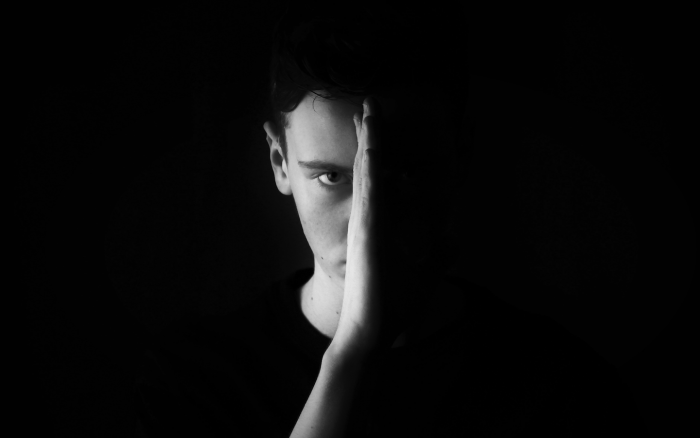Pride month is upon us, and we’re almost halfway through.
Everyone is celebrating or not celebrating in their own way, which, of course, is their right.
When most people think of Pride and the LGBTQ community, I don’t think much thought is paid to us “Aces,“ as we are called these days. But for me, it has taken on new meaning since realizing and admitting what I am today.
I tend to believe that most people think of it merely as a celebration of taking pride solely in one’s identity, but of course, it’s more than that. But what does it mean to me as an asexual?
As an aspiring author of sorts, I have decided to write a short story in honor of this occasion, which started to make me think about the lesser-known struggles we endure in our society. Don’t get me wrong; I’m not going to sit here and claim the same struggles shared by other members of the LGBT community. I have never been the victim of a hate crime. I have, however, been the subject of ridicule—especially by my straight male peers who can’t fathom the idea of not wanting the same things they want from a relationship. I have never been disowned by my family, although I have been a family oddity and a subject of confusion, curiosity, and, I daresay, even disappointment as various people try to process what I am.
I wish I had a dime for every time one of my male friends compared me to the movie “40-year-old Virgin.”
There are other struggles as well, for example, in how we handle relationships. The reality is, by definition, an asexual simply does not want sex. But that does not mean we do not aspire and yearn for love and affection and, of course, human connection. Even the aromantics among us have a strong desire for that. Though we may not pursue romantic or sexual relationships, we love just as intensely. We feel just as lonely in our quiet moments, and sometimes, the emotions that go with platonic relationships can feel that much more intense. Platonic relationships, I think, are more of a big deal when you are not supplementing them with sexual or romantic ones. And sometimes, that can be a difficult territory to navigate.
The loss of a friend can be that much more devastating, especially as you get older and see more friends come and go. Nothing seems permanent. Nothing is guaranteed or secure as it might be in, say, the vows of marriage. Asexuals, by our very state, are forced to live a different existence than most of you, and it can be a lonely world.
That being said, I do not want or need sympathy, nor do I need special privileges or even a celebration. We ask only for acceptance. So, where does Pride come in?
I saw a comment the other day that stated that Pride does not make sense because people should take pride in themselves and their own achievements and good qualities, not pride in being part of a larger group whose accomplishments are not your own. I somewhat agree, but I think this misconstrues the meaning of Pride.
Personally, my pride is derived from the very word I mentioned before: acceptance. It took me years to accept myself for what and who I am, not just in my sexuality, but in who I am as a person. It takes a lot of courage to be willing to be who you are while disregarding the approval of others. We all want to be loved and accepted, so the pride is not in merely being what I am but in having the courage to live it out with or without the approval of others. It is found in living my life and keeping my head up no matter how many people try to put me down.
No person and no government should stand in the way of who you are. If you live your life in a way that does no harm to others, you should be free to do so. That is the purpose of Pride.
I do want to tip my hat to the entire community, but I also hope during this Pride season you will not forget the “Ace” in the deck.












Read 8 comments and reply